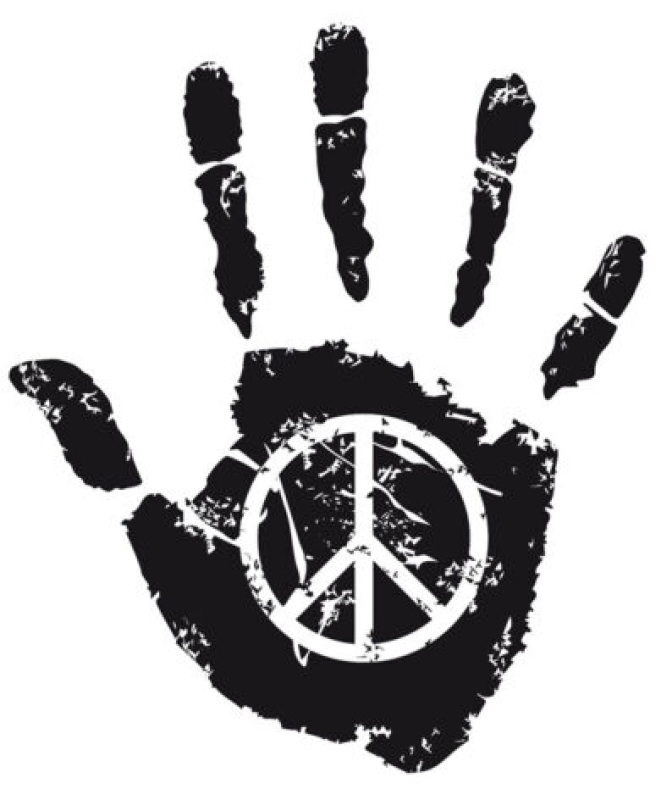- Gambia Tells UN Court Myanmar Turned Rohingya Lives Hell |
- U.S. Embassy Dhaka Welcomes Ambassador-Designate Brent T. Christensen |
- Survey Shows Tight Race Between BNP and Jamaat-e-Islami |
- Yunus Urges Lasting Reforms to End Vote Rigging |
- Govt Cuts ADP to Tk2 Lakh Crore Amid Fiscal Pressure |
World Leaders Urged to End Nuclear Arms Race by 2045

Peace is in our hands.
In 2013, frustrated by the lack of progress on nuclear disarmament, the United Nations General Assembly declared 26 September as the International Day for the Total Elimination of Nuclear Weapons. The day provides an opportunity to raise public awareness and educate people about the threat posed by nuclear weapons and the necessity of their elimination.
Each year on 26 September, the UN holds a high-level meeting of world leaders to discuss “urgent and effective measures” to achieve global nuclear disarmament.
At this year’s meeting, leaders commemorating the International Day for the Total Elimination of Nuclear Weapons are being urged to stand down nuclear forces, end the costly arms race, and commit to eliminating nuclear weapons globally no later than 2045, the UN’s centennial anniversary.
The call comes in a Joint Appeal endorsed by more than 500 civil society organisations and 800 individuals, including parliamentarians, Nobel Laureates, diplomats, academics, scientists, medical professionals, and religious leaders.
The date is symbolic. On 26 September 1983, during the Cold War, nuclear war was narrowly averted when Colonel Stanislav Petrov, a duty officer at a Russian early warning facility, refused to confirm a false alarm of incoming U.S. missiles. Two years later, nations declared that “a nuclear war cannot be won and must never be fought,” a principle reaffirmed in subsequent decades.
Today, however, the risk of nuclear war by accident, miscalculation, or deliberate escalation is higher than ever, with the Doomsday Clock closer to midnight than in 1983. The use of even a fraction of the world’s 12,500 nuclear weapons would cause catastrophic human, economic, and environmental consequences.
More than $100 billion is spent annually on nuclear weapons—funds that could otherwise support peacebuilding, environmental protection, and the Sustainable Development Goals.
In 1996, the International Court of Justice affirmed that the threat or use of nuclear weapons is generally illegal and that states have a universal obligation to negotiate in good faith for comprehensive disarmament.
Dr Deepshikha Kumari Vijh, Executive Director of the Lawyers Committee on Nuclear Policy, stressed: “Nuclear Weapon States are urged to meet their legal obligation to pursue in good faith negotiations leading to nuclear disarmament under strict and effective international control.”
Civil society leaders emphasise that states cannot excuse reliance on nuclear weapons for security, as the UN Charter prohibits the threat or use of force. Instead, they must adopt approaches based on international law and common security.
The Pact for the Future includes commitments to prevent nuclear war and achieve total disarmament. The International Day offers states a chance to announce concrete plans.
The Joint Appeal calls on leaders at all levels to:
Affirm that the threat or use of nuclear weapons is inadmissible.
Take tangible steps to end reliance on nuclear deterrence, including standing down nuclear forces and pledging no first use.
Commit to eliminating nuclear weapons by 2045 and begin negotiations to implement this pledge.
Cut nuclear weapons budgets and end public and private investment in the nuclear weapons industry.
Redirect resources to strengthen the UN, advance peacekeeping, protect the climate, and meet global needs.
Advocates say there are multiple pathways: a comprehensive nuclear-weapons convention, a framework agreement with phased implementation, or protocols enabling states to join the Treaty on the Prohibition of Nuclear Weapons.
They stress that 2025—the 80th anniversary of the Hiroshima and Nagasaki bombings and of the UN’s founding—is the ideal time to begin decisive action.

